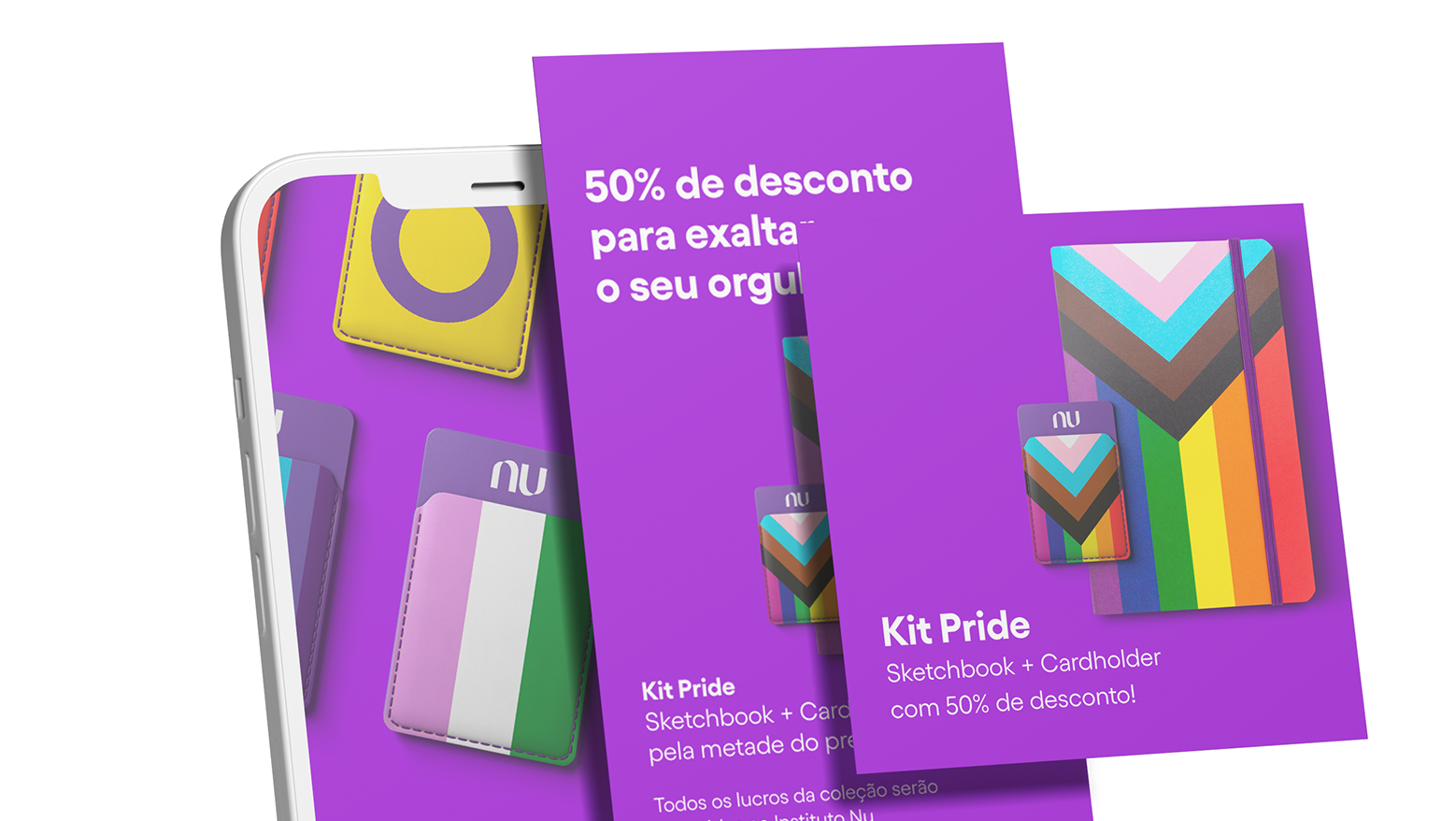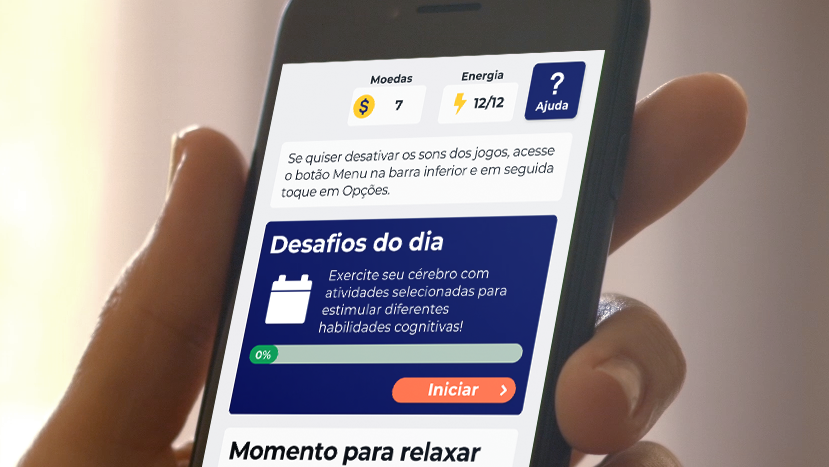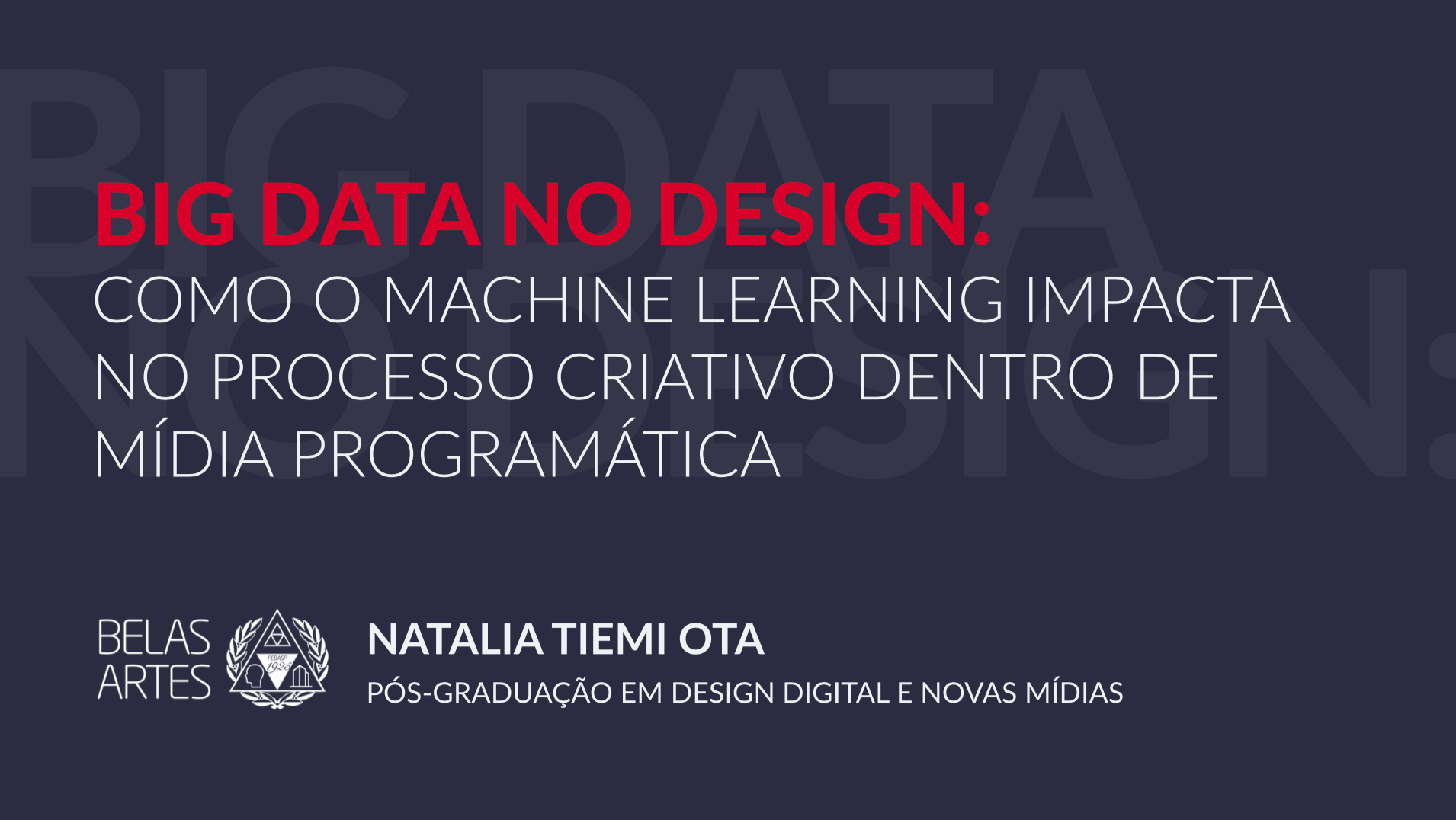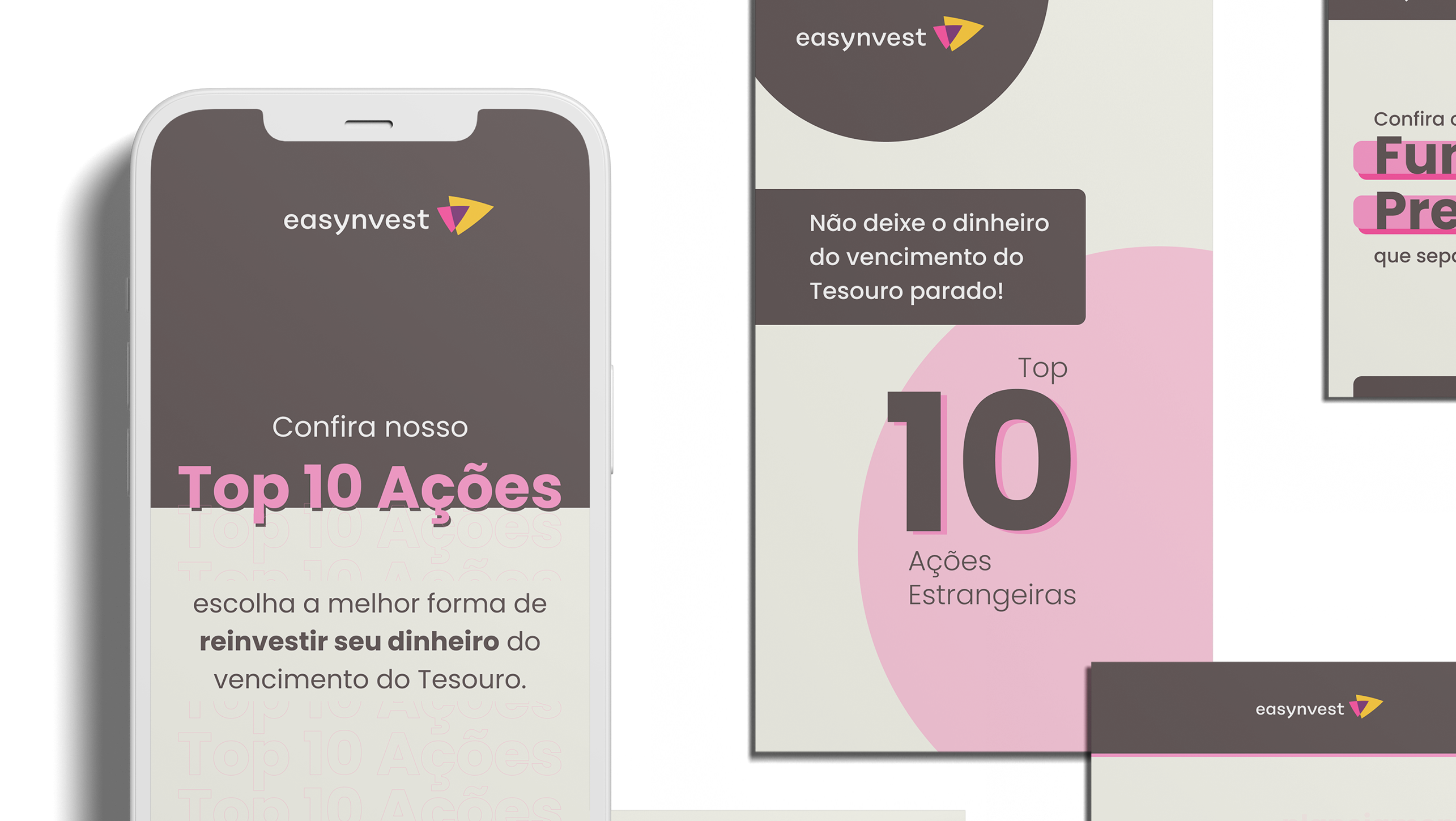The growing of elderly population is a global phenomenon. Currently in Brazil, we have more than 25 million elderly people and the prediction is that in 2050, approximately 30% of the population will be over 60 years old. From these information that the Acessibil.IDADE, the accessibility project was born, to create researches and products that focus on graphic design for people over 60, but that also meet demands outside the creativity area, such as the real needs of elderly that are not only related to design. During research, it was possible to notice a lack of content and products made for the elderly with a concern in graphic design that had a theoretical underpinning, Brazilian bibliography. So, it is understood that bringing an approximation of the area of graphic design with medicine, is the best way to serve this audience.
The project meets the needs of 3 pillars, they are Scientific, Market and Public. Scientific through research and article, Market for the creation of an entertainment magazine, and Public through the redesign of the Elderly Statute.
Entertainment Magazine: VS (Vida Senior)


Estatuto do Idoso (Elderly Statute)
The redesign of Estatuto do Idoso started in 2018 as a university project. But in 2019, it became real. Rede Amigo do Idoso is a bigger project connected to government of São Paulo, that printed 3.500 copies with the sponsorship of FAPETEC (Fundação de Apoio a Pesquisa, Ensino, Tecnologia e Cultura) and it also made it available online.



The launch of the Estatuto do Idoso took place at the event Longevity Expo + Forum 2019, with and autograph session and free distribution of 500 copies.






Acessibil.IDADE had a great performance in media for a project that started inside an university and extended to market. There were 2 talks/lectures, 5 interviews (2 recordings and 3 publications) and thousands of elderly people receiving more accessible content that they are really interested in.
The presentation of this project was held in BA Creative Collectibles, an event hosted by the Centro Universitário Belas Artes of São Paulo (FEBASP) in December 2018. The project was born in 2017 and continued until 2019.







